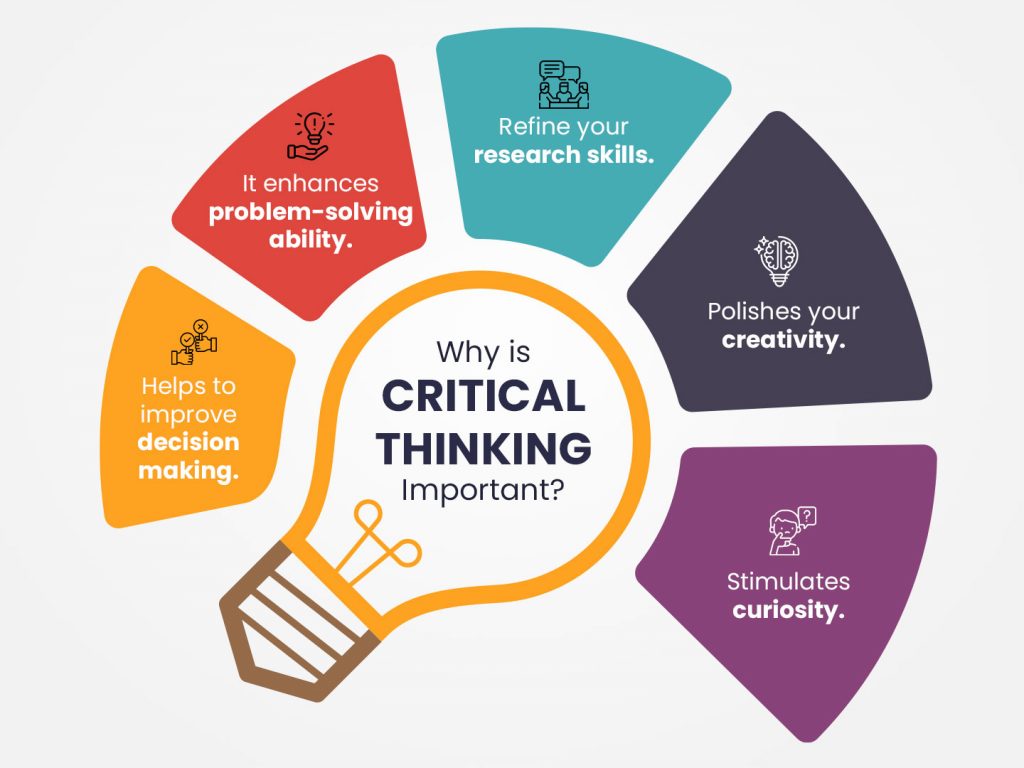In today's fast-paced and ever-evolving world, being a critical thinker is key to thriving. STEM education acts as a powerful force, fostering students' abilities to analyze, solve problems, and think outside the box. By diving into science, technology, engineering, and math, students gain not just technical know-how but also the vital skill of critical thinking. This equips them to tackle complex issues, adapt to change, and succeed in the future job market.
The Impact of STEM Education on Critical Thinking:
Investigating the relationship
between STEM education and the development of critical thinking skills.
Displaying research findings and evidence that support the positive impact of
STEM education on the development of critical thinking skills. Investigating
how immersive STEM learning environments promote students' problem-solving,
analytical reasoning, and creative thinking.
Nurturing Critical Thinking through Hands-on Learning:
Emphasizing the practical
aspects of STEM education in the development of critical thinking. Investigating
the value of hands-on experiences such as lab experiments, projects, and
real-world applications. Featuring STEM programs that actively engage kids in
real problem-solving to improve their critical thinking skills.
Integrating STEM Across the Curriculum:
Investigating the benefits of
integrating STEM principles and practices across academic fields. Investigating
how STEM-infused classes promote interdisciplinary thinking and problem-solving
abilities. Exemplifying outstanding schools and organizations that have
successfully integrated cross-curricular STEM programs, boosting critical
thinking to new heights across a variety of courses.
STEM Education and Future Workforce Readiness:
Exploring the growing demand
for critical thinking skills in today's work economy. Investigating how STEM
education provides students with the capabilities they need to face future
workforce problems. Analyzing the tremendous impact of critical thinking on
innovation, problem-solving, and adaptation in STEM-related employment.
Promoting Equitable Access to STEM Education:
Shining a spotlight on the
significance of equitable access to STEM education for all students.
Investigating techniques to closing the gender and diversity gap in STEM areas.
Learning about inclusive projects and programs that promote diversity in STEM
education, as well as the development of critical thinking abilities in
underrepresented populations.
STEM education serves as a
springboard for developing students' critical thinking skills, allowing them to
approach complex problems with analysis and problem-solving abilities. Adopting
STEM principles enables educational institutions to harness students'
potential, preparing them for a changing world. STEM education fosters critical
thinking, which not only benefits individuals but also promotes innovation,
economic prosperity, and societal growth.
"STEM education ignites
minds, unlocking the potential within students to think critically, solve
problems, and pave the way for a future of innovation and discovery."



